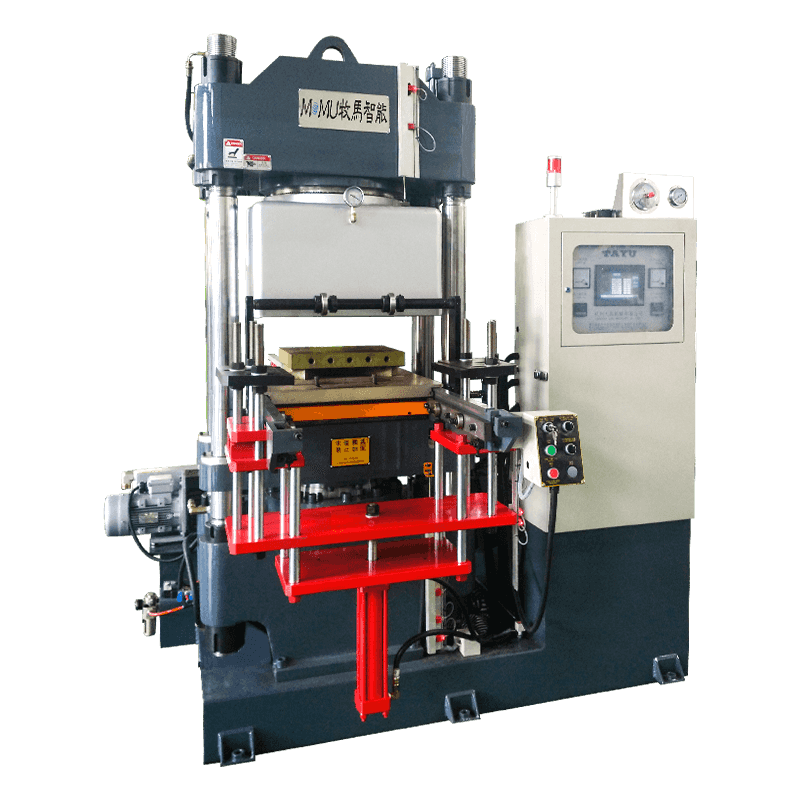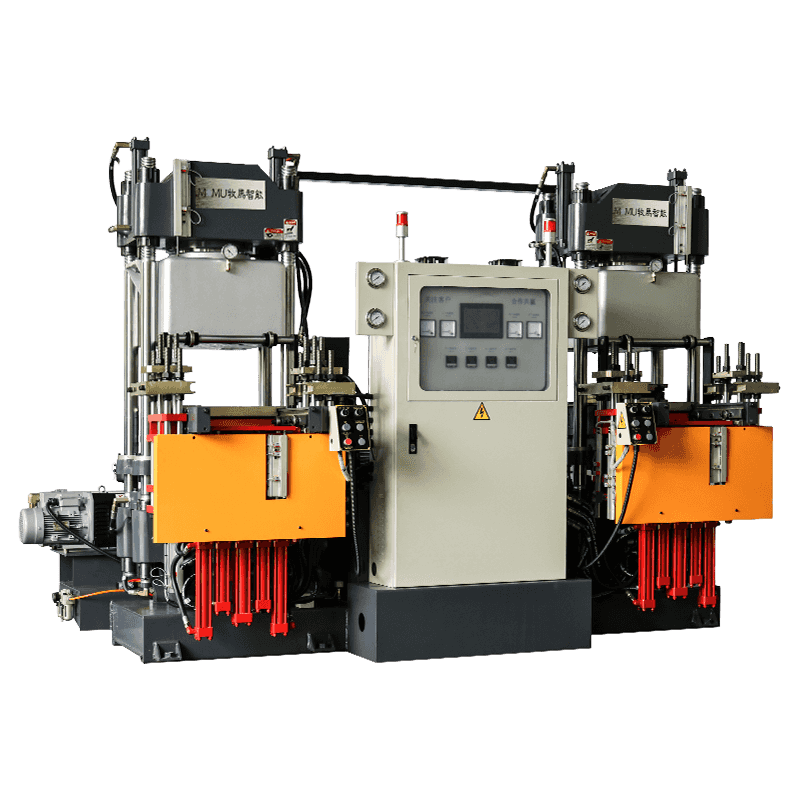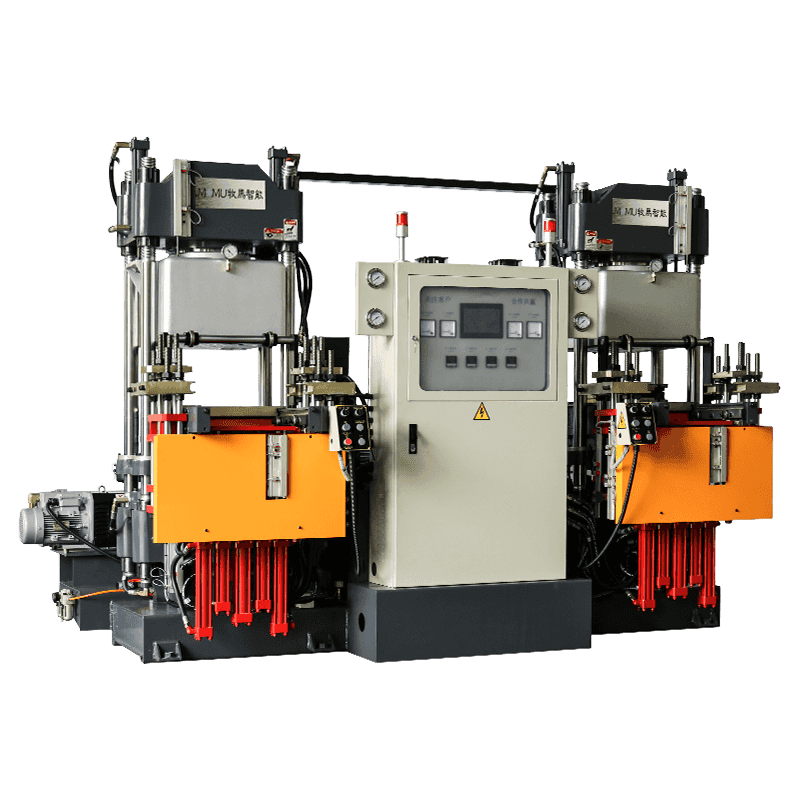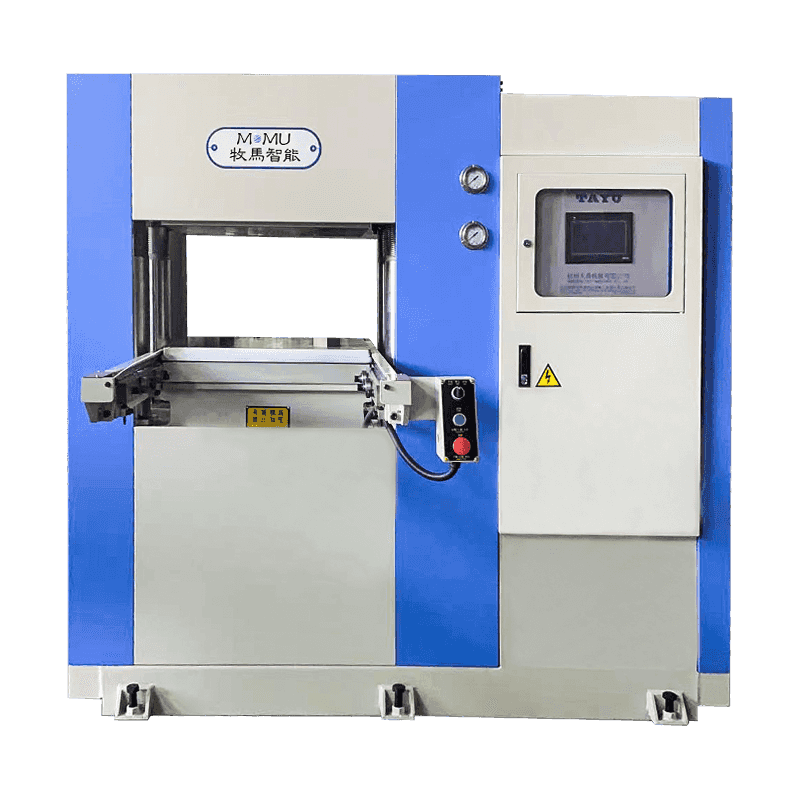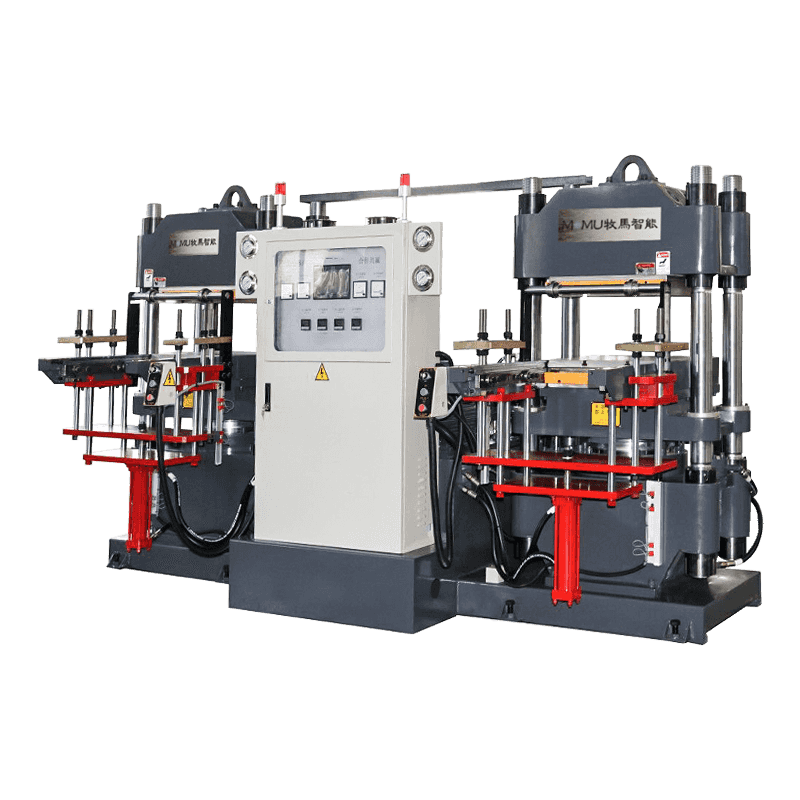Insulators are critical components in electrical systems, ensuring safety, stability, and reliable operation. Manufacturing insulators requires precision, consistency, and efficiency, which makes the choice of an insulators injection molding machine crucial for any production facility. Selecting the right machine affects production capacity, product quality, operational costs, and long-term efficiency.
This guide explores the key factors, types of machines, technological considerations, and practical tips for choosing the right insulators injection molding machine for your production needs.
Understanding Insulators Injection Molding Machines
An insulators injection molding machine is designed to produce high-quality electrical insulators by injecting molten material, typically ceramic, epoxy resin, or composite polymers, into precision molds. The machine must maintain strict temperature control, pressure consistency, and precise injection timing to ensure that the final insulator has no defects, such as air bubbles, cracks, or weak points.
Key components of an insulators injection molding machine include:
Injection Unit: Heats and injects the raw material into the mold.
Clamping Unit: Holds the mold firmly and ensures the correct pressure during injection.
Control System: Regulates temperature, injection speed, pressure, and cycle timing.
Mold: Precision-engineered cavities that define the shape and features of the insulator.
The quality of the final product depends not only on the machine but also on mold quality, material selection, and process parameters.
Factors to Consider When Choosing an Insulators Injection Molding Machine
Choosing the right injection molding machine requires careful consideration of several factors, including production volume, material compatibility, machine type, and technological features.
1. Production Volume and Cycle Time
The first consideration is how many insulators you need to produce. Machines vary widely in their clamping force, injection speed, and cycle efficiency, which directly affect production output.
Low-Volume Production: Smaller machines with moderate injection capacity may suffice for prototypes or limited runs.
High-Volume Production: Large machines with higher clamping force and faster injection cycles are ideal for mass production.
Understanding your production goals ensures that you avoid overpaying for a machine that is too powerful or underperforming with a machine that is too small.
2. Material Compatibility
Insulators can be made from ceramics, composite polymers, thermosetting resins, or epoxy materials, each with unique processing requirements.
Ceramic Insulators: Require machines with high injection pressure and precise temperature control due to the high viscosity of ceramic slurry.
Polymer or Epoxy Insulators: Machines must handle thermosetting materials, maintaining consistent heat and pressure for curing.
Composite Materials: Machines must ensure proper mixing and homogeneous injection to prevent defects.
Selecting a machine compatible with your chosen material is essential for maintaining product quality and reducing waste.
![]()
3. Clamping Force and Injection Capacity
The clamping force determines the machine’s ability to keep the mold closed during injection, preventing flash formation and mold deformation. Machines range from a few tons to hundreds of tons of clamping force.
The injection capacity refers to the volume of material the machine can inject per cycle. Machines with higher capacity are suitable for larger insulators or faster production rates, while smaller machines are suitable for compact insulators or low-volume production.
Choosing the correct clamping force and injection capacity ensures dimensional accuracy, surface quality, and structural integrity.
4. Precision and Tolerance
Electrical insulators require tight dimensional tolerances and smooth surface finishes to ensure proper insulation and mechanical performance. Advanced injection molding machines feature:
Servo-controlled injection systems: Offer precise control of injection speed and pressure.
Multi-zone temperature control: Maintains uniform material flow and prevents hot spots.
Real-time monitoring systems: Detect anomalies and adjust parameters automatically.
Machines with higher precision reduce defects, minimize scrap, and improve overall production efficiency.
5. Automation and Technological Features
Modern insulators injection molding machines often incorporate automation features that increase efficiency and reduce labor costs. These features include:
Robotic arms for mold handling: Automate the removal and placement of insulators.
Automated material feeding systems: Ensure consistent material supply and reduce manual errors.
Data monitoring and process control software: Collects production data, monitors machine performance, and allows predictive maintenance.
Choosing a machine with suitable automation features depends on your production scale, labor availability, and quality requirements.
6. Energy Efficiency
Injection molding machines consume significant energy during heating, injection, and clamping processes. Machines with servo-electric drives, energy-saving heaters, and optimized cycle times can reduce energy consumption significantly.
Investing in an energy-efficient machine not only lowers operating costs but also supports sustainability goals, which can be increasingly important for regulatory compliance and corporate responsibility.
7. Mold Compatibility and Size
The size and type of mold directly impact machine selection. Consider:
Maximum mold dimensions: Ensure the machine can accommodate the mold size.
Mold material and complexity: Complex molds require machines with precise injection and clamping capabilities.
Multi-cavity molds: For high-volume production, a machine that supports multi-cavity molds increases output.
Selecting a machine compatible with your mold designs ensures flexibility in product development and efficient production cycles.
8. Maintenance and After-Sales Support
Maintenance is crucial for ensuring long-term reliability and consistent production quality. When choosing a machine, consider:
Ease of maintenance: Machines with accessible components and modular design reduce downtime.
Availability of spare parts: Ensure the manufacturer provides quick and easy access to replacement parts.
Technical support: Reliable after-sales service and training for operators improve productivity.
Machines with strong support networks reduce operational risk and improve production continuity.
Common Types of Insulators Injection Molding Machines
There are several types of injection molding machines suitable for insulator production:
Hydraulic Injection Molding Machines: Traditional machines with robust clamping and injection force. Suitable for ceramic and high-viscosity materials.
Servo-Electric Injection Molding Machines: Energy-efficient, precise, and faster. Ideal for thermosetting polymers and composite materials.
Hybrid Injection Molding Machines: Combine hydraulic and electric systems to achieve both high force and precision, suitable for complex insulator shapes.
Vertical Injection Molding Machines: Used for insert molding, allowing precise placement of metallic or conductive inserts in insulators.
Understanding the machine type helps match production needs with the correct mechanical and technological capabilities.
Practical Tips for Selecting the Right Machine
Evaluate Production Needs: Determine daily or weekly output requirements and expected product sizes.
Consider Material Requirements: Match the machine to the type of material you plan to use.
Focus on Precision: High-quality insulators require machines capable of tight tolerances and defect-free production.
Review Automation Options: Decide whether you need robotic handling, automated feeding, or process monitoring.
Plan for Energy Efficiency: Machines with energy-saving features reduce long-term costs.
Check Maintenance and Support: Ensure easy access to spare parts and reliable technical assistance.
Test Sample Production: When possible, test the machine with actual material and mold to verify quality and cycle time.
Conclusion
Selecting the right insulators injection molding machine is a critical decision that affects production efficiency, product quality, and overall profitability. The ideal machine balances production volume, material compatibility, precision, automation, energy efficiency, and maintenance considerations.
For manufacturers aiming to produce high-quality electrical insulators, investing in the correct injection molding machine ensures consistent performance, reduces waste, and supports long-term operational success. By carefully evaluating your production needs and machine capabilities, you can choose a solution that delivers reliability, efficiency, and high-quality insulators for a wide range of industrial and electrical applications.
